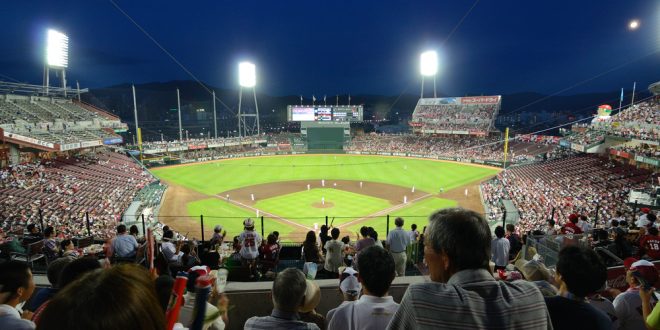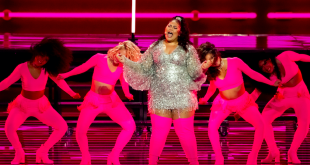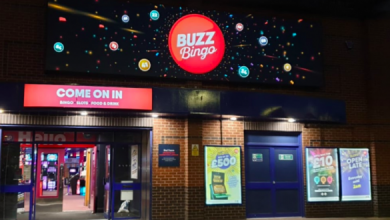Japan begins negotiations to create a $ 65 billion sports betting market

The Japanese government has reportedly begun internal discussions regarding the regulation of sports betting on football and baseball events in accordance with Financial Times .
If the rules for betting are two If folk sports are liberalized, it will create a market totaling about 65 million, according to FT sources "directly aware of the situation."
The most popular form of betting currency practiced in Japan is pachinko, a vertical pinball that generates around $ 200 billion annually in revenue, but its annual turnover is supposedly falling.
By comparison According to the study, the demand for sports betting in Japan is "potentially huge" as many Japanese players use foreign credit cards to illegally bet through offshore sports websites and online casinos.
This illicit market was reported to have been around $ 40 billion a year, while the combined income from betting on horse racing, cycling, motorboat and motorcycle racing - the only sport that is allowed what bets - was around $ 55 billion in 2019.
“For years, both Japan and the outside world have looked at deregulating baseball and football betting as the holy grail,” commented one FT source.
"It is probably too early to tell when this will actually happen, but what happened to the sport in the last year the government has moved ahead."
The source further clarified that discussions with the government could lead to deregulation. Nippon Professional League Baseball Tournament organized by 2024 with restructuring of top division betting laws Football J-League - already partially legalized through the pool betting system - po
Japanese basketball has also attracted the attention of international betting operators, as demonstrated by recent data collection and distribution agreement concluded between Genius sports and Japan B.League.
In 2018, the Japanese diet approved the removal of land-based gambling laws from the Japanese Penal Code for legislative changes to the supervised classification. Japan Tourism Committee.
In addition, further deregulation could serve as a continuation liberalization of the Japanese gaming market in 2019 where they saw plans to develop gambling resorts throughout the country with the permission of the Prime Minister Shinzo Abe , with a venue for Osaka, could potentially open in 2024.
The economic fallout from the COVID-40 pandemic appears to have been the main motivating factor in internal government discussions over sports betting.
The Japanese professional sports industry lost about $ 2.5 billion in the first six months of 2020 due to lack of payment to viewers and game cancellations alone, according to Kansai University.
Meanwhile, the upcoming Olympic Games in Tokyo became the most expensive edition of tournaments to date, having accumulated debt up to $ 1.9 billion .
Although betting on soccer and baseball, the two most popular sports in Japan, are considered “long-standing taboo” and remain “politically sensitive. 'FT sources told the publication that resistance to deregulation has been' significantly eased by COVID-19 '
Letter to FT, a mobile game developer Peace said, "If the rules for betting on other sports are relaxed, new revenue streams can be expected for the growth of the Japanese sports industry, and we would like to contribute to this area."
Lobbying by representatives of baseball and football, as well as by corporations such as CyberAgent and Rakuten also played a role in persuading the government to remove the regulation of sports betting.
In a separate e-mail to FT, CyberAgent stated: “If the ban on sports betting is completely lifted in the future, we believe this will happen. open up new sources of income for athletes, their organizations and the sports industry. "







